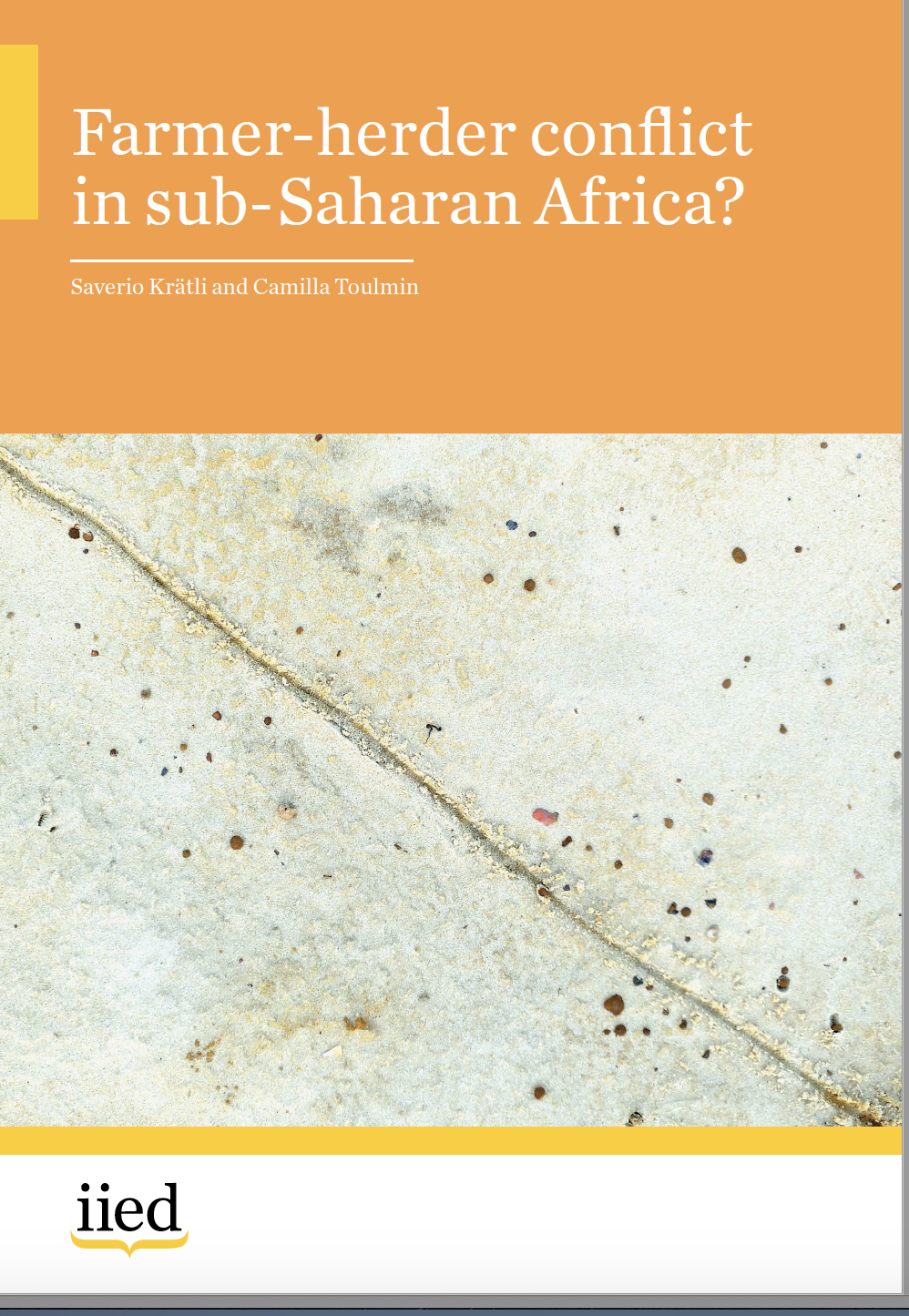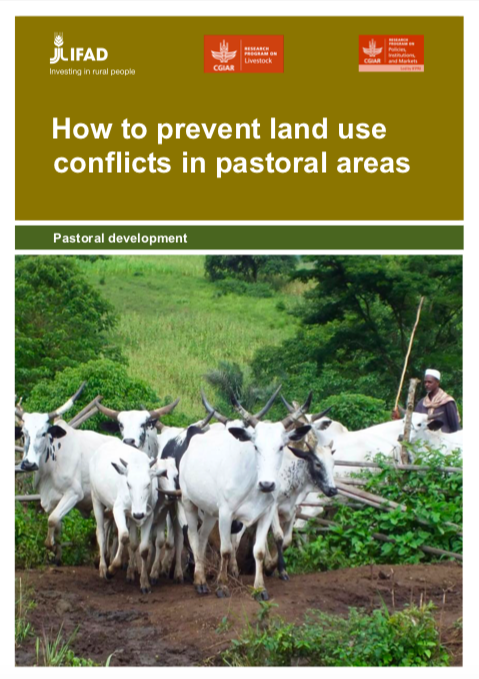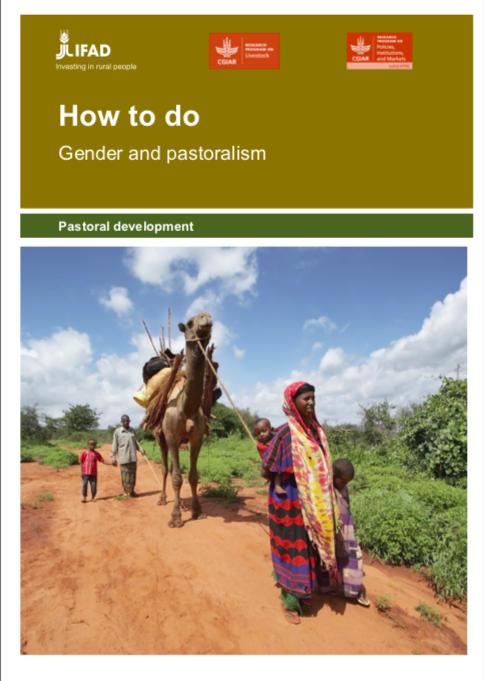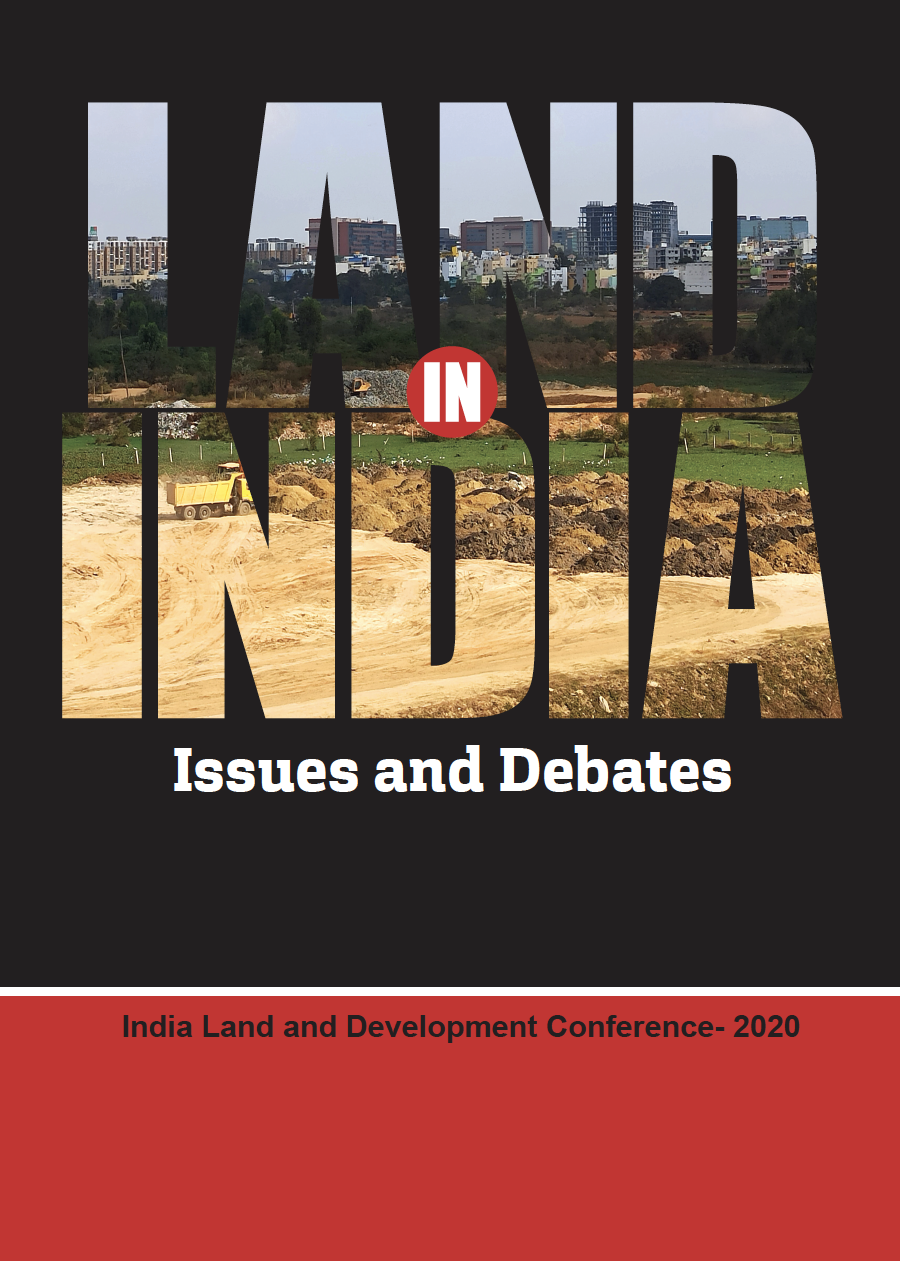Translation of Global Climate Change Discourses to the Local Policies, and the Resilience of Pastoralists
The paper focused on the need to document impacts of the global climate discourses at the local levels. In addition, it sought to fill the lacuna on the translation of discourses insofar as pastoralists land rights’ and adaptation are concerned, while looking at translation and implementation of these discourses. Theoretically, the paper employed the Actor-Network-Theory where civil society organizations are hinged around key actors in formulating Kenya climate law.











